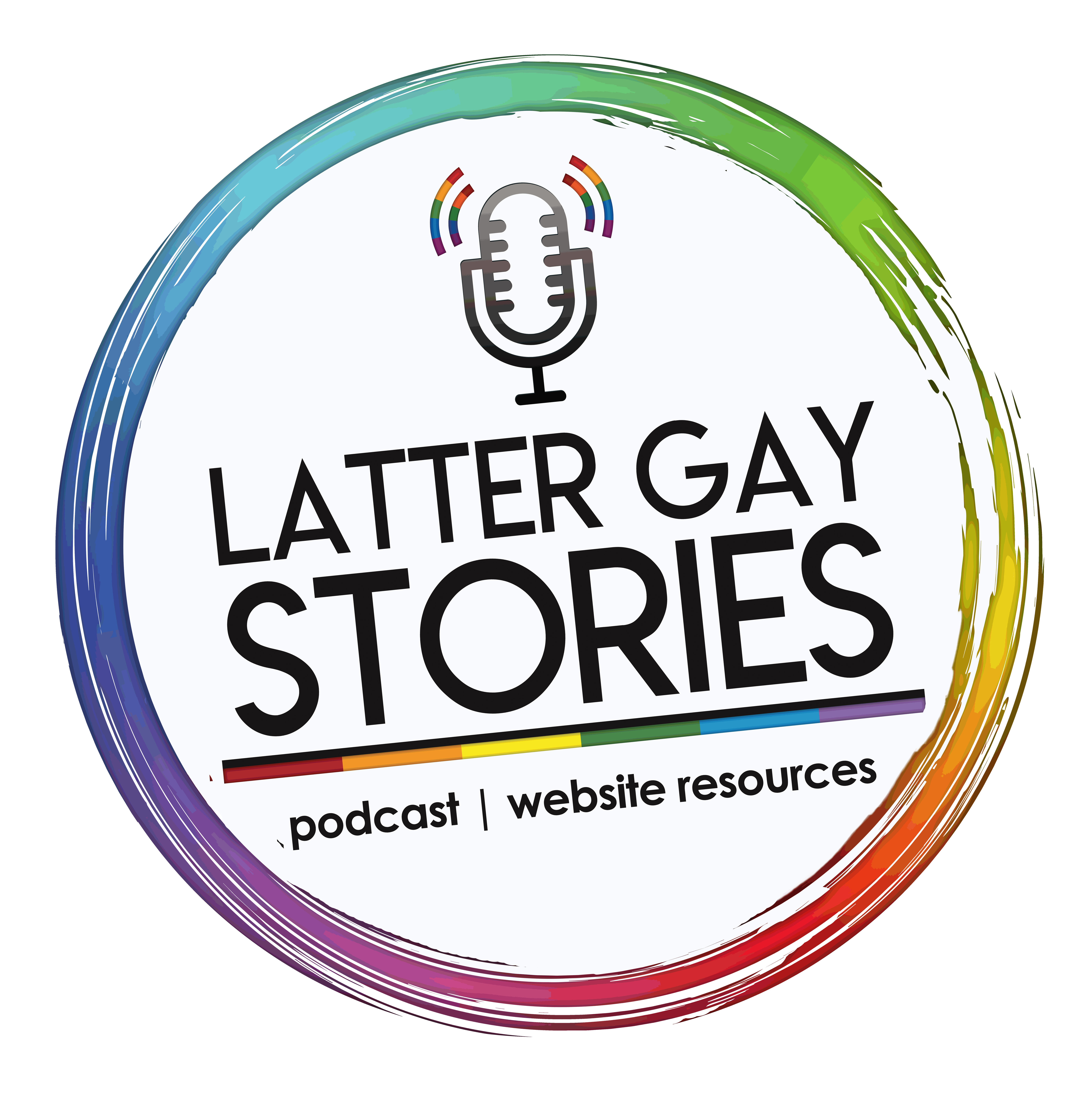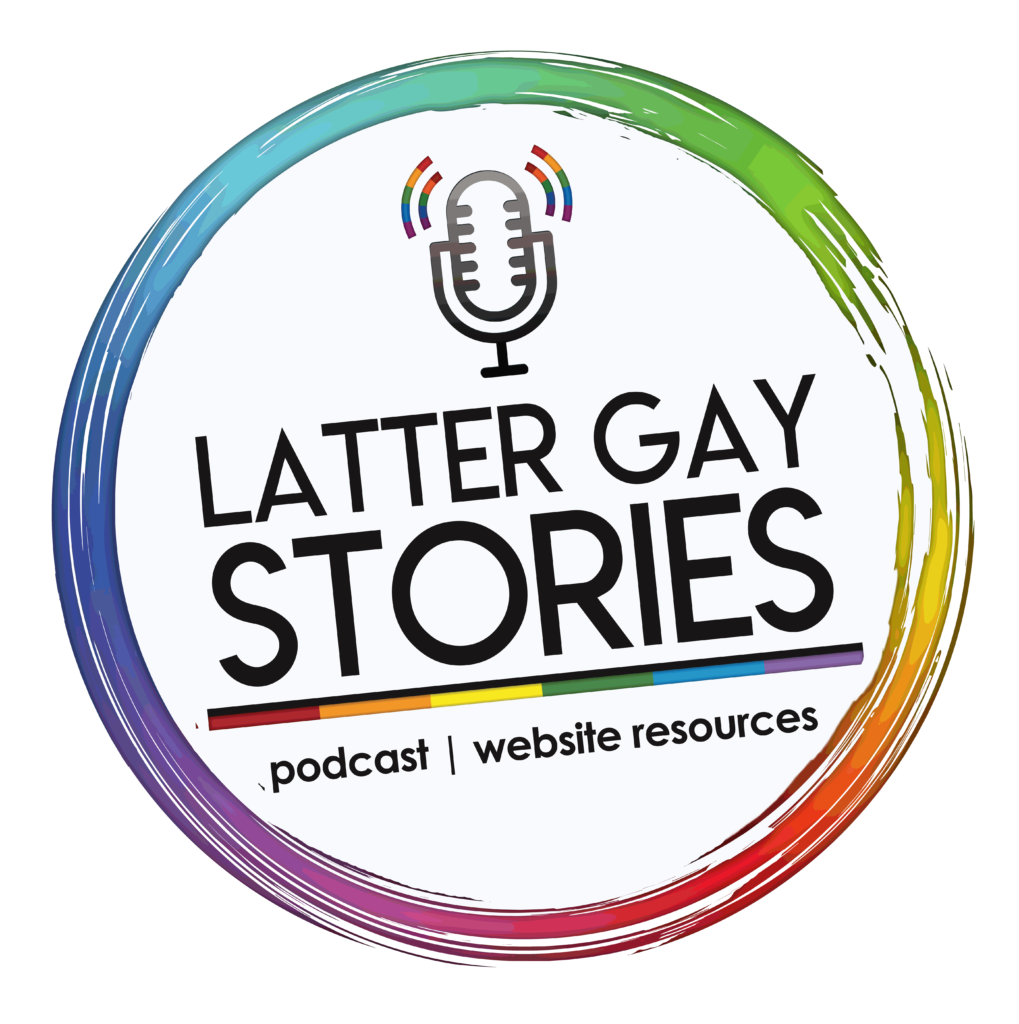Hi, my name is Tyler Perry. I was born in Northern California, but I have lived in Southern California, Arizona, Idaho, Utah, and, most recently, Japan. I served my mission in the Texas Dallas Mission. I am a graduate of Brigham Young University – Idaho. I am a writer, engineer, gamer, martial artist, traveler, and baseball aficionado. I have zero fashion sense, and most of my friends are nerdy guys who play D&D or watch college football.
I am also gay.
I have a rather complicated family dynamic. My mom and dad were never married, and my mom raised me as a single parent until she married my stepdad when I was about eight years old. That union brought three brothers into my life. Meanwhile, my dad got married and had my sister when I was seven years old. On my mom’s side, we are “pioneer stock” Mormons, descendants of handcart pioneers and polygamists. My dad’s side is Episcopalian.
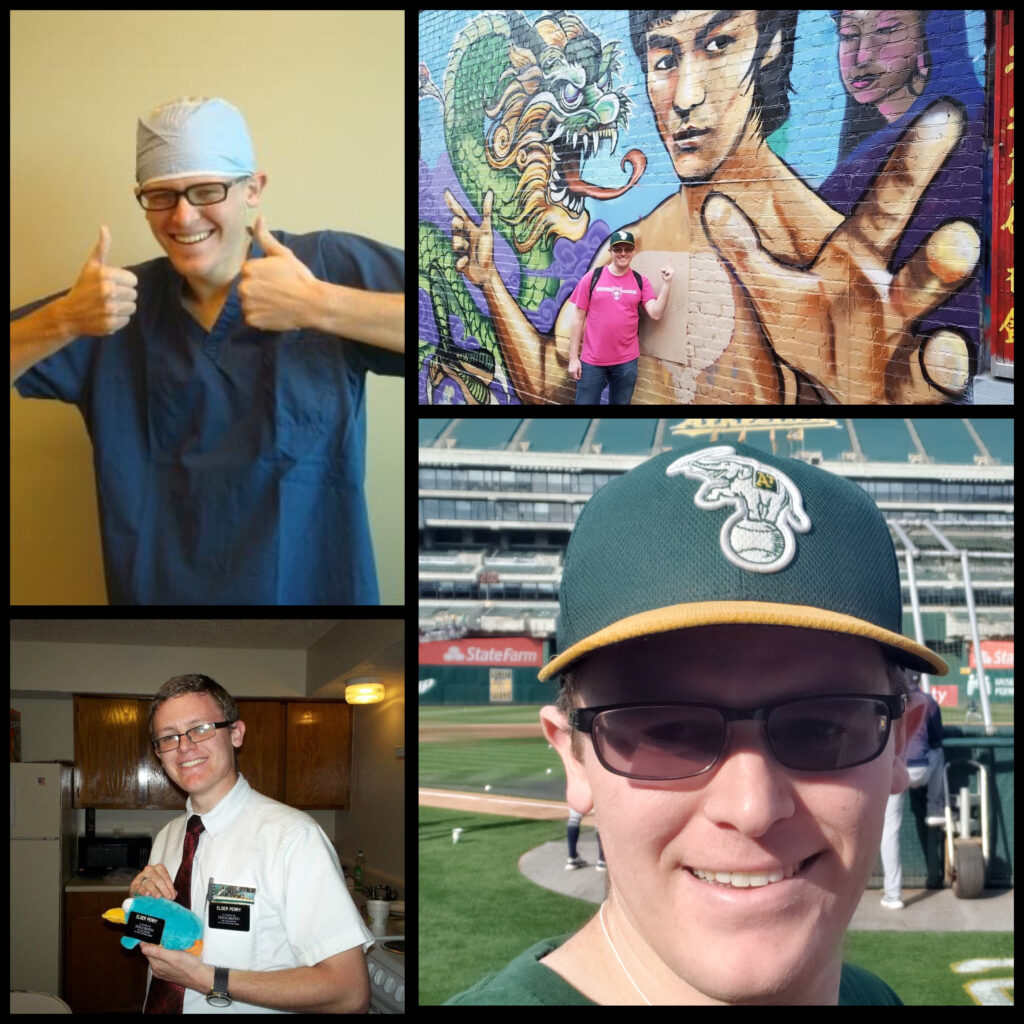
My extended family is also important to me. My cousins, aunts, uncles, grandparents, great-grandparents, great-aunts, and great-uncles are all a significant part of my upbringing. Despite the complicated dynamics, we were also very much the stereotypical Mormon family.
I learned from a young age that my goal should be to serve a mission, marry in the temple, and have lots of children. This was the goal that my family had for me, and I wanted to make them proud. It became my own goal. My patriarchal blessing assured me that I would, one day, kneel across the altar of the temple to be sealed to a choice daughter of Zion.
I knew that I was different, but I buried those differences deep down. I had other challenges that kept me distracted through my teenage years. My relationship with my stepdad soured, and he would often say casually homophobic things. He was also the Elder’s Quorum President for a time. It was clear that accepting my differences would not be safe, at home or at church.
To protect myself, I developed a deep, almost aggressive conservative personality. I would say homophobic things, blame people for their own bad circumstances, and pride myself on having access to some great truths that only the elect of God would receive. When Prop 8 hit the ballot in 2008, I stood in front of the gold signs with my Institute classmates and picketed in support of the measure to define marriage as being between one man and one woman.
I served my mission and returned with honor. I learned a great many life lessons, and I was full of spiritual energy when I returned home. I was certain that I had done my part to merit the blessings promised me in my patriarchal blessing.
The Lord seemed to guide me toward Brigham Young University – Idaho. As a fan of the University of Utah, this was not something that I was keen on, but I decided that I would go where the Lord wanted me to go.
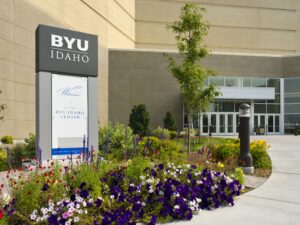
BYU – Idaho was a challenging experience. The winters are horrific, the culture is boring and imposing, and the movie theater is laughably small. When I was there, they did not even have a Walmart Supercenter, so grocery shopping was expensive and unhealthy. During my time there, I felt less and less needed by the church I had been raised in. I struggled to connect with members of the opposite sex, averaging about one date per semester, with no more than two dates with any girl. And I absolutely hated the “beard rule”.
I had great experiences there, though. I made good friends, reconnected with old friends, and gained an education that has set me on a rewarding career path. I had a Canadian friend to whom, on July 1, I sent a text message reading, “Happy Canada Day! God bless America!” He responded by baking a cake for me on July 4, with the Canadian flag design for the icing. There were good times, amid the struggles.
It was in my Human Physiology course, though, that I attended what would be one of the most important lectures of my life. Readers may be familiar with Jazz Jennings, a transgender girl who is somewhat popular for her outspoken advocacy of transgender acceptance. At the time of the lecture, I had never heard of Jazz. We had arrived at the part of the course where we discussed sexual differentiation in embryonic development. In other words, the point where the embryo decides if it is going to be female or male. To drive some discussion, the professor showed us a 20/20 special featuring Jazz, where we learned a bit about her story.
At the end of the video, the professor asked, “Who in here is willing to tell me that that child is a boy?” No one raised their hand. “To my eyes,” he continued, “that child is definitely a girl.” He went on to explain the challenges that someone like Jazz must face in reconciling their identity with what the world tells them they ought to be.
For the first time in my life, I confronted the idea that maybe I was wrong about LGBTQ people. After that, I began to recognize the attractions that I had been denying for so many years. I began to realize that I had been suppressing a part of who I am because I was afraid. I had put up these defensive walls, had tried to be the person that I was taught to be, that my family wanted me to be.
That BYU-Idaho lecture poked a hole in those walls, and they slowly began to tumble down.
A few years later, I sat on the couch across from my mom. We had been up talking about things for hours, but it had been a while since we had been able to catch up like this. And I knew that the time had come for me to tell her.
“I want you to know that I love you no matter what,” I started. I could feel the pressure of tears behind my eyes. My mom’s expression was one of concern, but also of love. “This is something that I’ve been struggling with for a long time. I’m… gay.”
It took her a just a moment to respond. “You know that I love you, right?” she answered.
I had been afraid for so long of accepting who I was because I knew that once I did, I would not be able to pretend to be someone else. The words “I’m gay” meant that there was no going back to chasing after a sentence from my patriarchal blessing that was never meant to be true for me. The words “I’m gay” meant that I would love myself for who I am in all parts. It meant that the self-denial was over, and a new beginning lay before me.
New beginnings are terrifying. New beginnings are liberating. I resolved to take advantage of this new beginning, and to find my happiness.
Being gay is a part of who I am, but it is not all that I am. Being gay and expressing that part of my identity just makes me a little bit better, a little bit more complete. I have always loved to write, but now I am able to write with a purpose. I write with the hopes of reaching people who may be struggling with the intersection of their faith and their sexual orientation. I write to promote change in the church that I was raised in, a church that has made a significant impact on my life. I write to give a voice to the voiceless. Not accepting all facets of who I am stood as an obstacle to all of that.
I am still who I always was. I love to discuss heavy topics with people, even in situations where it may not be appropriate to do so. I love sports and video games. I can almost function in society using just movie quotes. Being gay is not all that I am, but it is important to me. It is not something that I would have asked for, but it is not something I would want taken away.
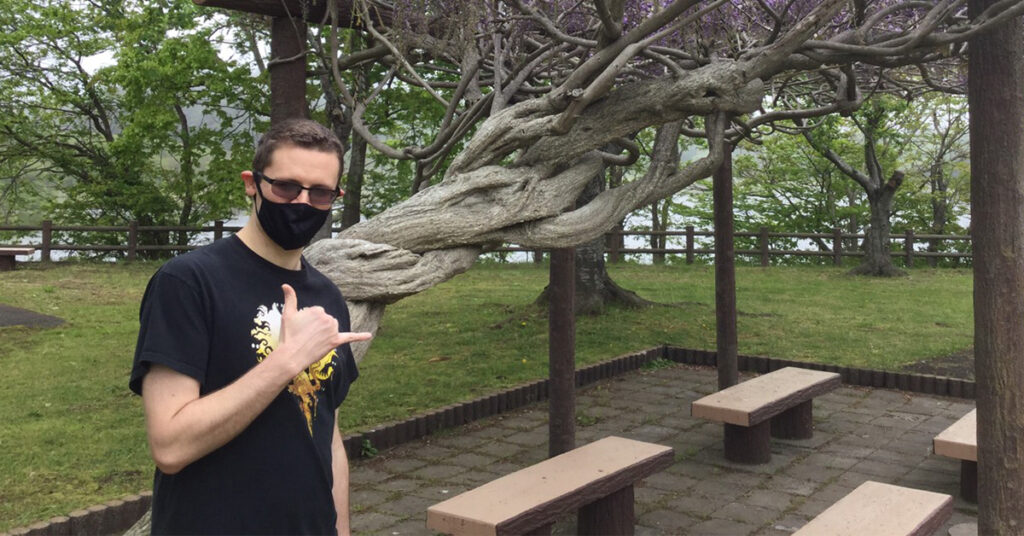
If you are LGBTQ and struggling with accepting who you are, I want you to know you are not alone. Your path is well-trodden. Those of us who have walked your path are waiting for you to come and partake of the freedom and joy that comes with accepting yourself for who you are. We welcome you with open arms.
If you have a friend or family member who is LGBTQ, the best thing you can do is love them for who they are. They may have to make decisions that you do not like or do not understand. Those decisions are not yours to make. Your loved one will be happier and healthier if you choose to support and love them.
Want to read another story like this one?
CLICK HERE for more!
This story is dedicated to helping people learn to love better, while fostering an atmosphere of understanding. When we know better, we do better.
